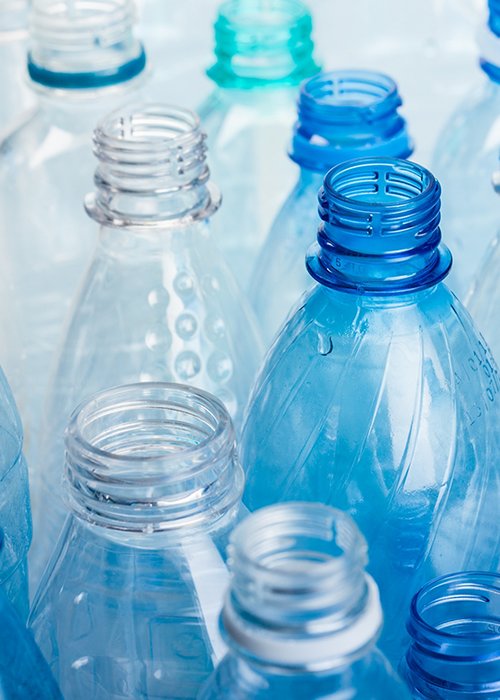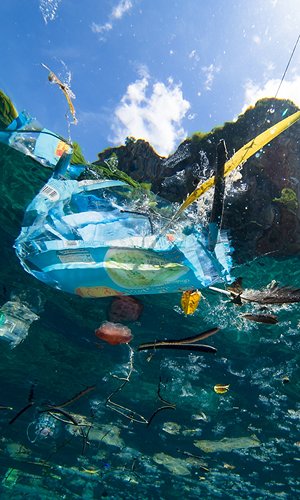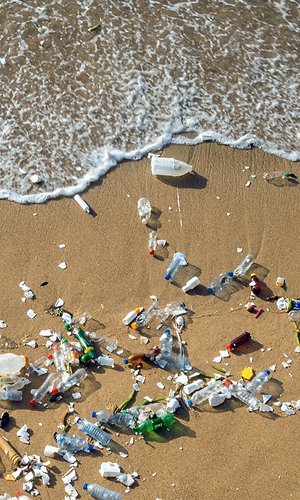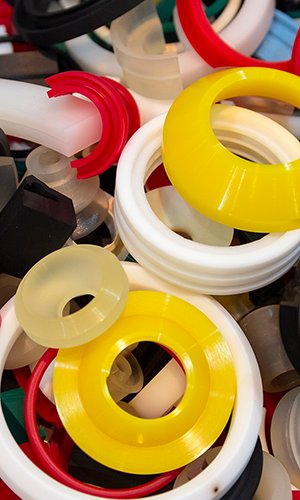Polyethylene terephthalate, better known as PET, is one of the most widely used plastics, for example to make bottles and flasks. Recycling of this polymer, which takes several hundred years to degrade when dumped in the environment, results in a loss of mechanical properties, hindering the effective recycling of PET. Recycled PET can be used to make carpet fibres or synthetic clothing, but not new bottles. Carbios, a company developing new solutions to revolutionise the life cycle of plastics and textile polymers, has announced the discovery of a new enzyme able to digest plastics and enable high-quality PET to be made from them again. The discovery, made in collaboration with the Institute for Biotechnology in Toulouse, was described in an article entitled An engineered PET-depolymerase to break down and recycle plastic bottles published in Nature. The new ‘plastics-eating’ enzyme, a protein responsible for promoting a biochemical reaction, is of bacterial origin. To achieve this, researchers first screened thousands of microorganisms, including one found in leaf compost, first discovered in 2012. The latter proved to be the best, so the researchers modified it to improve its ability to break down PET.
The use of this enzyme ensures that biologically recycled PET has the same properties as petrochemical PET, thus contributing to the circular economy concept of this plastic material. Carbios has announced its intention to aim for industrial-scale recycling within five years.




